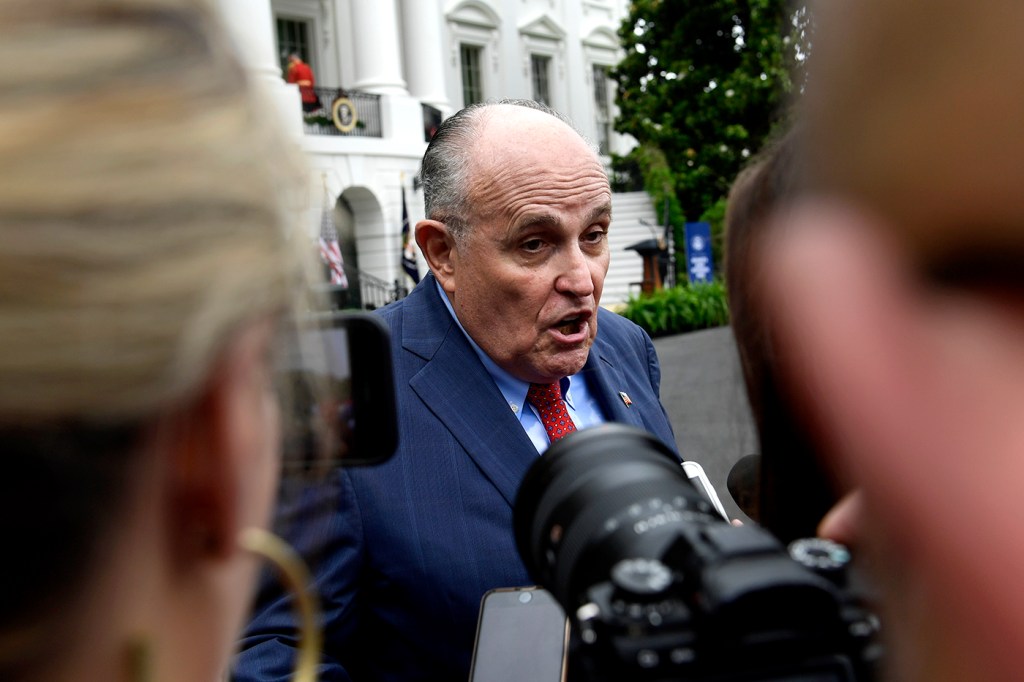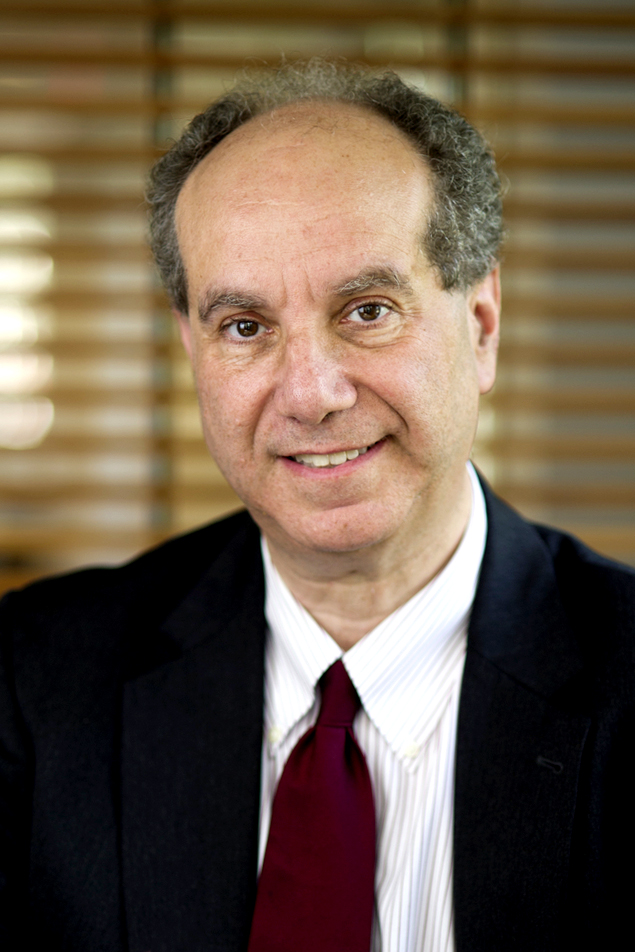Did President Trump’s personal lawyer, Rudy Giuliani, break the law with his Ukraine meetings?

Rudolph W. Giuliani, the president’s personal lawyer, is featured prominently in a whistleblower complaint that has become the basis for a congressional impeachment inquiry. The complaint, released publicly last week, alleges that President Donald J. Trump used the powers of his office as president to pressure officials in Ukraine for political dirt on former Vice President Joseph Biden, who is a frontrunner in the 2020 Democratic presidential nomination.

Jeremy Paul is a law professor who studies constitutional law and jurisprudence. Northeastern file photo
But it is still fairly unclear exactly what Giuliani’s role or culpability in the affair has been, says Jeremy Paul, who is a law professor and former dean of the Northeastern University School of Law. From what has been reported though, Giuliani’s actions are at least “very unusual,” Paul says.
According to the complaint, which Trump dismissed in a post on Twitter as “a continuation of the greatest and most destructive witch hunt of all time,” Giuliani traveled to various countries to meet with advisers for Ukrainian president Volodymyr Zelenskiy, all in an attempt to convince the foreign government to investigate potential “corruption” by the Bidens in Ukraine.
Democrats in the House on Monday subpoenaed Giuliani as part of their impeachment investigation. As of Tuesday, Giuliani hadn’t said whether he planned to comply with the subpoena or not, but he did float the idea that his conversations with Trump were confidential because of attorney-client privilege, according to reporting by The New York Times.
That argument would “be a stretch” says Paul, who studies constitutional law and jurisprudence at Northeastern.
Attorneys typically provide privileged, confidential services to their clients in the form of drafting documents, offering advice on what the laws do and do not permit, offering alternative methods of achieving their client’s goals that would be more in line with the law, and other such law-based services, Paul says.
From what has been reported, though, “There doesn’t seem to be any indication that what Giuliani was doing with folks in Ukraine was advising the president on what legal avenues he could pursue versus which he couldn’t,” Paul says. “In fact, it seems that he was trying to influence a foreign government. That’s not legal advice, that’s diplomacy.”
Giuliani, while currently employed as the president’s personal lawyer, is still a private citizen. He wasn’t confirmed to his role by members of Congress the way Mike Pompeo, the Secretary of State—whose office that typically engages in foreign diplomacy—was.
Paul says that while he’s not aware of any rule that would prevent the president from using someone outside the government to engage in diplomacy, trying to assert attorney-client privilege while doing so “would circumvent all the procedures set up by the [U.S.] government to ensure transparency and democracy.”
And so, a week and a half after news of the whistleblower complaint first broke, it’s still unclear whether Giuliani, in his role as the president’s personal lawyer, broke the law in his dealings with Ukrainian officials. But that uncertainty a good thing, Paul says.
“All of this is uncharted territory,” he says. “From my point of view as a constitutional law professor, the most important thing about this moment in history is that we get back to finding out the facts. There needs to be a full investigation. All the relevant people need to provide documents. And then we sit down with the actual statutes and decide. And that takes some time.”
For media inquiries, please contact Marirose Sartoretto at m.sartoretto@northeastern.edu or 617-373-5718.